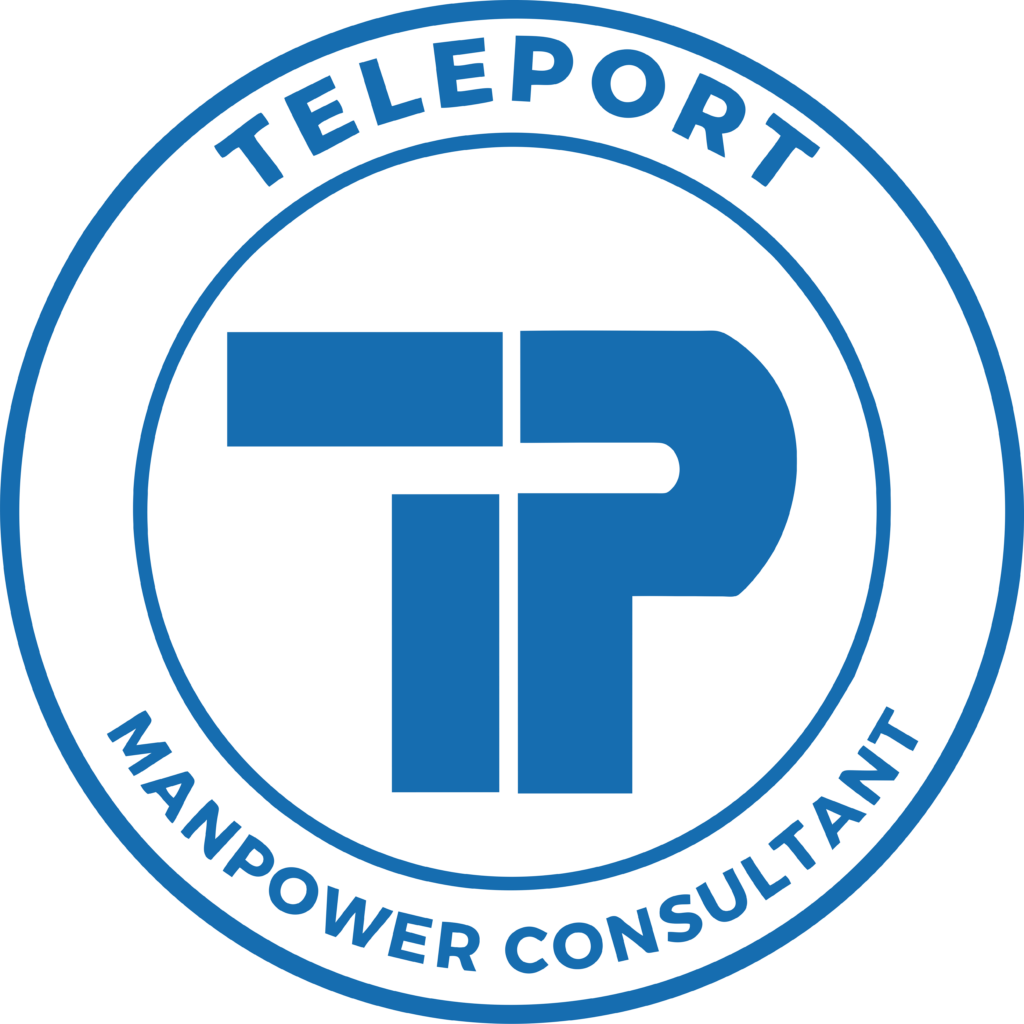In the dynamic landscape of today’s job market, navigating the complexities of career choices and professional growth can be a challenging endeavor. This is where the importance of employment counseling shines through, offering individuals a compass to guide them through the intricacies of their career paths. In this comprehensive guide, we will delve into the significance of employment counseling, exploring its role in career development, job search assistance, and professional growth.
Table of Contents
Understanding Employment Counseling
What is Employment Counseling?
Employment counseling is a tailored service designed to assist individuals in making informed decisions about their careers. It goes beyond traditional job placement services, encompassing a holistic approach that considers an individual’s skills, interests, and aspirations. The aim is to provide personalized guidance, helping individuals not only find employment but also to thrive in their chosen career paths.
The Key Components of Employment Counseling:
Career Guidance Services: Employment counseling involves providing comprehensive career guidance services. This includes assessing an individual’s skills, interests, and values to align them with suitable career options. Career counselors work to help individuals identify and pursue careers that are not only financially rewarding but also personally fulfilling.
Job Search Assistance: A crucial aspect of employment counseling is assisting individuals in their job search. This involves resume building, optimizing online profiles, and strategizing effective job search techniques. Employment counselors act as mentors, offering insights into the current job market and helping individuals stand out in the competitive landscape.
Professional Development Advice: Continuous learning and professional development are vital for a successful career. Employment counseling provides advice on acquiring new skills, pursuing further education, and staying updated with industry trends. This ensures individuals remain competitive and adaptable in an ever-evolving job market.
Employment Coaching: Employment coaching services are integral to the employment counseling process. Career coaches work one-on-one with individuals to set realistic career goals, develop action plans, and overcome obstacles. This personalized approach fosters a supportive environment for individuals to maximize their potential.
Job Placement Counseling: While job placement is a common goal, employment counseling extends beyond merely finding a job. It involves counseling on job placement, ensuring the job aligns with the individual’s skills, interests, and long-term career goals.
Real-Life Examples of Employment Counseling Success:
To illustrate the impact of employment counseling, let’s explore a few real-life examples:
John’s Career Transition: John, an IT professional, sought employment counseling when he felt stagnant in his career. Through career counseling sessions, he identified a passion for project management. With the guidance of his career counselor, John successfully transitioned into a project management role, experiencing both professional growth and personal satisfaction.
Mary’s Job Search Triumph: Mary, a recent graduate struggling with her job search, turned to employment counseling. Her counselor provided personalized job search assistance, helping her optimize her resume and refine her interview skills. Mary not only secured a job in her desired field but also gained the confidence to navigate her career independently.
The Role of Career Counseling in Daily Interactions:
Career Transition Support: Employment counseling plays a crucial role in supporting individuals through career transitions. Whether it’s a change in industry, job role, or even starting a new career altogether, career counselors provide guidance to navigate these transitions smoothly.
Resume and Interview Help: Crafting an effective resume and performing well in interviews are key elements of a successful job search. Employment counseling includes practical tips and support for resume building, interview preparation, and techniques to showcase one’s strengths to potential employers.
Vocational Counseling: Vocational counseling is an integral part of employment counseling, focusing on helping individuals discover vocations that align with their skills and interests. It involves assessing aptitudes and guiding individuals toward suitable vocational paths.
Job Readiness Training: Employment counseling goes beyond finding a job; it prepares individuals for the challenges of the professional world. Job readiness training includes honing communication skills, time management, and workplace etiquette, ensuring individuals are well-equipped for their chosen careers.
Frequently Asked Questions (FAQs):
Q1: How does employment counseling differ from traditional job placement services?
Employment counseling goes beyond job placement by considering an individual’s overall career development. It involves personalized guidance, career assessments, and continuous support to help individuals thrive in their chosen careers.
Q2: Can employment counseling benefit individuals at any career stage?
Absolutely. Employment counseling is beneficial for individuals at various career stages, whether they are just starting their careers, looking to make a career change, or seeking guidance for professional development.
Q3: How can I find a reputable career coach online?
Finding a reputable career coach online involves research and reviews. Look for coaches with relevant experience in your industry, positive testimonials, and a personalized approach to career coaching.
Q4: Is employment counseling only for those who are unemployed?
No, employment counseling is for individuals at all career stages, including those currently employed. It provides guidance for career advancement, professional development, and navigating career transitions.
Q5: How often should one seek employment counseling?
The frequency of employment counseling depends on individual needs. Some may benefit from occasional sessions for specific challenges, while others may engage in ongoing counseling for continuous career development.
Conclusion:
In conclusion, employment counseling emerges as a valuable resource in today’s competitive job market. Its multifaceted approach, encompassing career guidance, job search assistance, and continuous support, positions individuals for success in their professional endeavors. Real-life examples and practical tips illustrate the tangible impact of employment counseling, making it a cornerstone for achieving career goals. Whether you’re seeking a career transition, job search assistance, or professional development advice, employment counseling stands as a guiding light on your path to a fulfilling and successful career.


